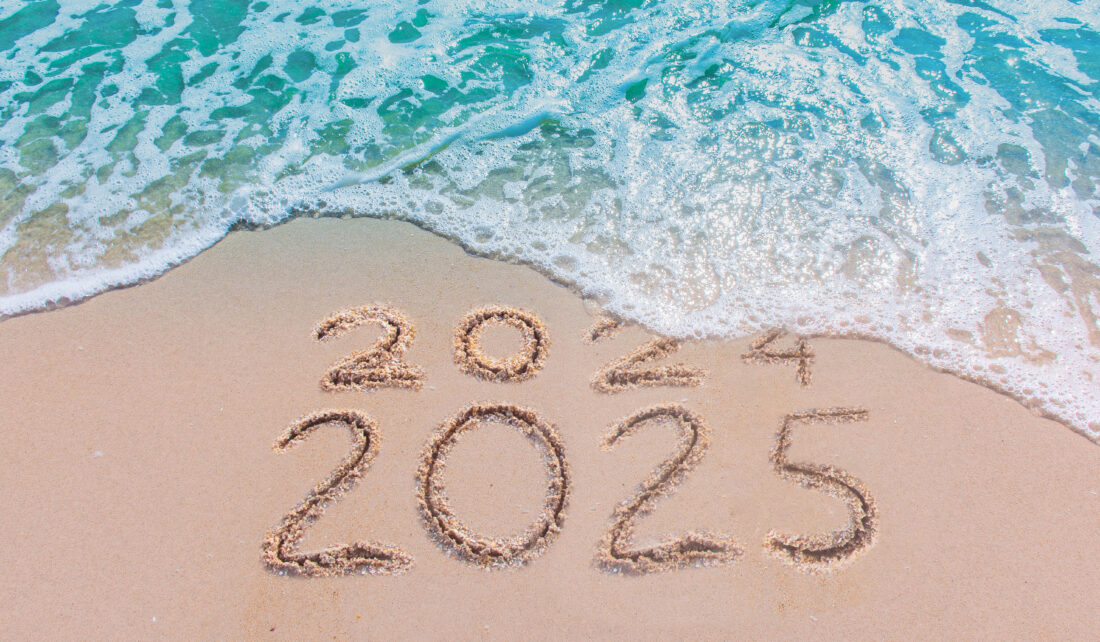
We recently shared results from an Illinois-Indiana Sea Grant (IISG)-funded research project that involved extensive data collection and analysis of Chicago beach sand—this project will provide key information to resource managers as they take on the challenges of shifting lake levels.
Robin Mattheus led a team of Illinois State Geological Survey scientists that found that when it comes to rising lake levels, solutions need to be site-specific. Any given beach may have its own dynamic, influenced by the direction it is facing, the design of the surrounding infrastructure, and other factors.
The research also revealed that knowing what’s happening with the sand that sits at the bottom of nearby waters is very important in understanding what changes take place on the beach.
The team’s report, which will provide beach-by-beach information for local managers to address sand issues at their particular site, is a great example of how we fund projects that can have on-the-ground impact.
If you have a project in mind, we will soon announce our latest request for preproposals for two-year research projects focused on southern Lake Michigan and surrounding Illinois and Indiana communities. We plan to fund multiple applied projects that will take place in 2026–27 at up to $200,000 each.
In addition to research that is in line with our strategic plan goals, we are interested in funding projects that tackle some specific issues, for example, helping communities adapt to changing lake levels, analyzing contaminant levels in fish or shellfish, or addressing socio-economic concerns in efforts to restore degraded coastal sites.
A second RFP, which was announced recently, will target the 2025 Lake Michigan Cooperative Science and Monitoring Initiative (CSMI) priorities. CSMI is a program in which every year, scientists converge on one of the five Great Lakes to collaborate in an intensive research effort—2025 is Lake Michigan’s field year.
The research priorities, which were developed by a team of resource managers called the Lake Michigan Partnership, include learning more about the food web, nearshore dynamics, and winter processes. Funded projects will take place in 2025–27 with support of up to $150,000.
In other news, in January, we will make available a new high school curriculum called Aquaponics: Farming Fish, Growing Greens. Aquaponics, a method for raising fish and plants together, can provide a hands-on way for students to learn scientific concepts while they are introduced to sustainable agriculture. This new curriculum can help educators make these connections.
The IISG aquaculture team has been working with high schools in the two states to provide donated equipment and help set up aquaponics systems for some time now. One especially exciting example is the Chicago High School for Agricultural Sciences. With help from IISG’s Andrew Coursey (now in Missouri) and some additional funding, the school upgraded and grew its aquaponics system to be a key component of its Urban Agriculture Laboratory.
Schools that already have aquaponics systems and those that are considering developing aquaponics can benefit from this new curriculum, which systematically provides STEM lessons and activities. To learn more, contact Amy Shambach.
We hope you have a wonderful holiday season and a happy new year.

